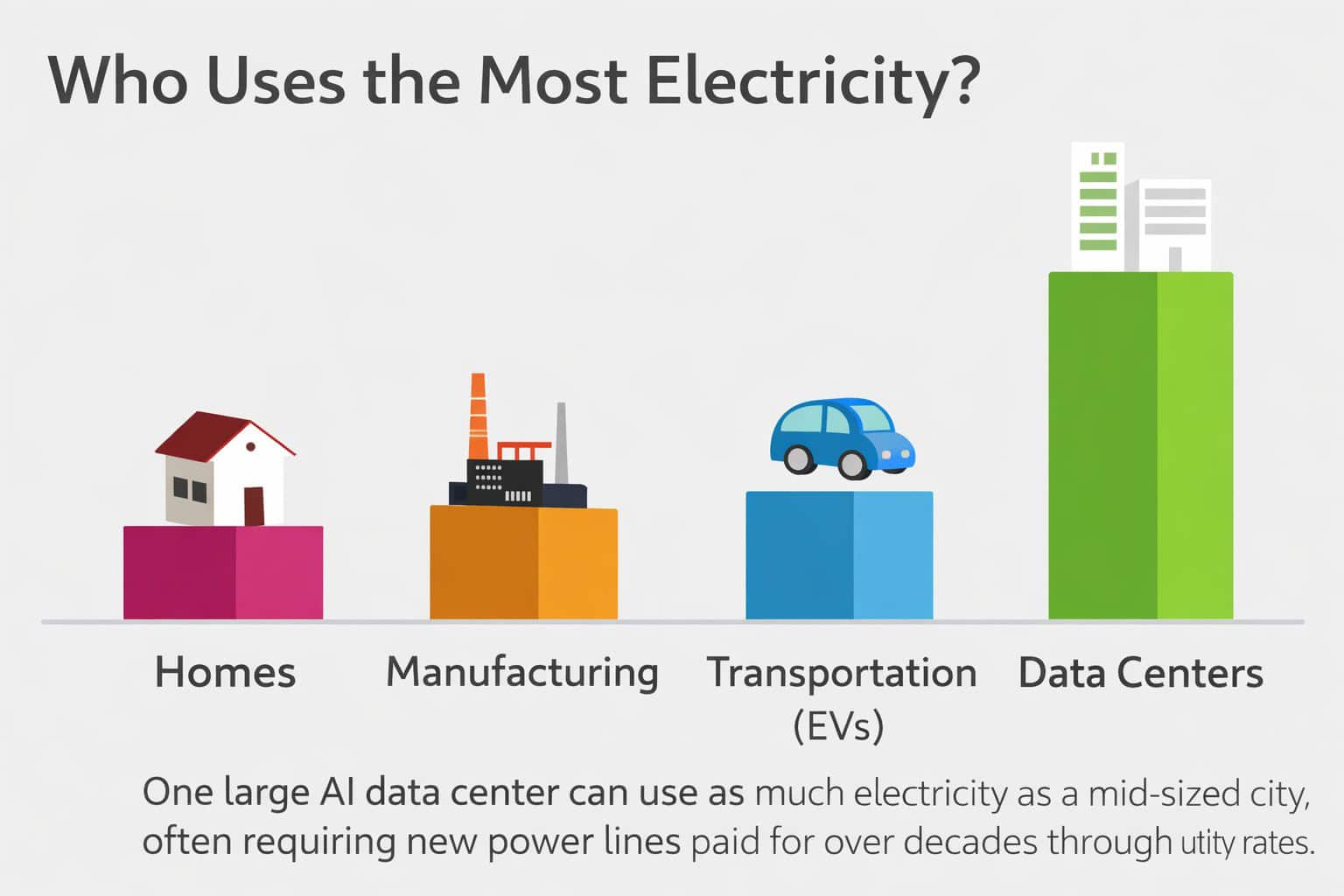NEW YORK – Reuters reports that electric vehicle sales — both full electric and hybrid options rose 25% in 2024 across the world — a record number.
Incentives and emission targets pushed EV sales in China and aided Britain in overtaking Germany as Europe’s biggest battery-electric market in 2024, research firm Rho Motion said.
China’s sales rose almost 37% in December, helping them reach 11 million for 2024. Canada and the United States saw 8.8% growth, along with a 0.7% rise in sales in Europe in December 2023. Other countries cumulatively saw a 26.4% increase in the same month.

Research firm Rho Motion said in a note to Reuters: “The removal of subsidies in Germany had a devastating impact on the whole European market. If the U.S. follows suit, we may see the same there.”
However, as of September 2024, Reuters reports that German companies may be able to deduct up to 40% of the value of newly purchased electric and qualifying zero-emission vehicles from their tax bill during the purchase year if a proposed tax reduction bill is approved.
Unfortunately, Americans who haven’t already purchased and got tax breaks from an EV may be in a pickle when it comes to savings. The related subsidy in the United States falls under the Inflation Reduction Act, created under the Biden administration in 2022 — but policies under the new administration put it at risk. Under this subsidy, EV buyers could qualify for up to a $7,500 tax credit, depending on the year and model.
According to Reuters, automakers facing tougher European Union 2025 emissions rules are planning to buy carbon credits from EV companies to avoid hefty fines, an EU filing showed in January 2025.
What are carbon credits? Devised as a way to reduce polluting gases, these permits allow a company to emit a certain amount of carbon dioxide or other gases. However, the set amount allowed declines over time, and some companies can sell excess ones to others, per Investopedia.
The use of EVs means less reliance on dirty fuels and less stress on the environment. It matters as drilling for oil has created spills that have polluted oceans and destroyed marine life. It also leads to air pollution from vehicle emissions and factory operations.






